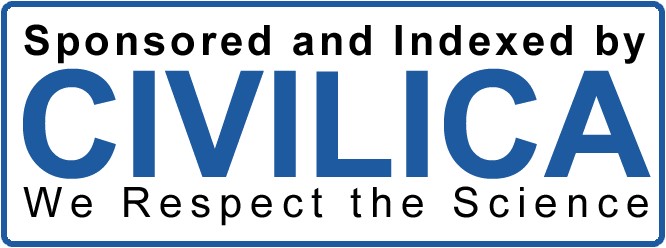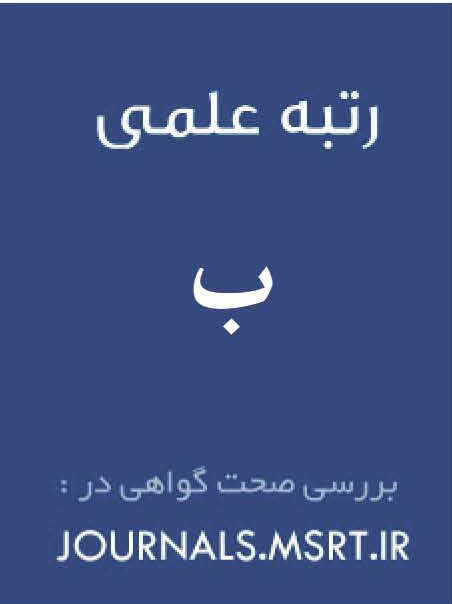Predicting Social Adjustment Based on Perfectionism and Irrational Beliefs in Students with Obsessive–Compulsive Symptoms
Keywords:
Social adjustment, positive perfectionism, negative perfectionism, irrational beliefs, obsessive–compulsive symptomsAbstract
Introduction and Aim: This study aimed to investigate the role of positive and negative perfectionism and irrational beliefs in predicting social adjustment among students with obsessive–compulsive symptoms.
Methodology: This was a descriptive-correlational study. The statistical population included students from Tehran universities during the 2024–2025 academic year who presented symptoms of obsessive–compulsive disorder (OCD). A purposive sample of 100 students (61 females and 39 males) with high scores on the OCI-R was selected. The study used the Positive and Negative Perfectionism Scale (Terry-Short), Jones' Irrational Beliefs Test, and Bell’s Social Adjustment Scale. Data were analyzed using Pearson correlation and multiple regression analysis in SPSS-27.
Findings: Results indicated a significant positive correlation between positive perfectionism and social adjustment (r=0.460, p<0.001), and significant negative correlations between negative perfectionism (r=-0.223, p=0.026) and irrational beliefs (r=-0.634, p<0.001) with social adjustment. The multiple regression analysis revealed that the overall model was significant (F=26.16, p<0.001) and accounted for 45% of the variance in social adjustment. Among the predictors, positive perfectionism and irrational beliefs significantly contributed to the prediction of social adjustment, whereas negative perfectionism did not have a significant predictive role.
Conclusion: The findings suggest that positive perfectionism acts as a supportive psychological resource, whereas irrational beliefs serve as cognitive obstacles that reduce social adaptability in students with obsessive–compulsive tendencies. These results highlight the importance of integrating cognitive restructuring techniques and perfectionism-focused interventions into mental health support programs for university students.
Downloads
Downloads
Published
Submitted
Revised
Accepted
Issue
Section
License
Copyright (c) 1404 سیده مهدیس موسوی (نویسنده); علی ناصری

This work is licensed under a Creative Commons Attribution-NonCommercial 4.0 International License.






